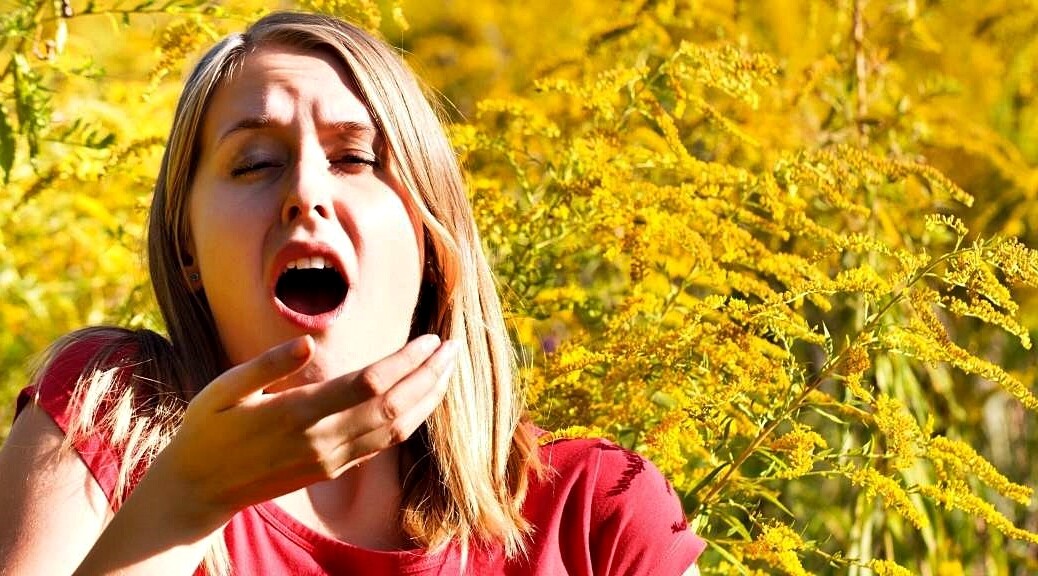An allergy to ragweed can cause severe symptoms. We explain what you need to know about the plant and which treatment helps against the symptoms.
What happens if you’re allergic to ragweed?
Ragweed (mugwort ragweed or also mugwort ambrosia) mainly blooms between mid-July and October. If you are allergic to ragweed, ragweed pollen causes typical allergy symptoms such as rhinitis and itching. It can also lead to a cross-allergy with various foods and other plants. The ragweed allergy can be treated with medication or hyposensitization.
That’s what makes ragweed so dangerous for allergy sufferers
According to experts, around two million Germans suffer from an allergy to ragweed – and the plant does not come from here at all. Actually, ragweed is at home in North America. But a single ragweed can – much to the misfortune of all allergy sufferers – spread up to a billion pollen. This is how the plant managed to spread worldwide.
If you are an allergy sufferer and discover ragweed plants in your garden, you should definitely have them removed including their roots. Afterwards it is necessary to observe the soil: If small plants sprout again, the surrounding soil should also be generously disposed of – it is probably full of ragweed seeds.
What are the symptoms of an allergy to ragweed?
The symptoms of ragweed pollen are similar to those of hay fever. The following symptoms can occur in case of an allergy:
- Nose congested / sniffles
- Itching
- Burning and / or watery eyes
- Itchy palate
- Dry chesty cough
- Shortness of breath (in severe cases, see also allergic asthma)
Which cross-allergies can occur?
Cross-allergies with food and other plants are not unusual in ragweed allergies. The following foods are among the allergy triggers:
- Apple
- Banana
- Peach
- Nectarine
- Melon / Watermelon
- Courgette
- Cucumber
The pollen allergy can also spread to the following plants:
- Grasses
- Arnica
- Chamomile
- Daisies
Treatment: What helps with pollen count?
As with most allergies, treatment with medications such as antihistamines can be considered – as long as there is no histamine intolerance. It is not possible to avoid pollen completely – but ragweed pollen can at least be contained by pollen and air filters. In the long term, hyposensitization helps against the symptoms.

